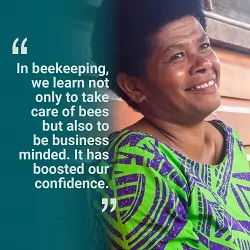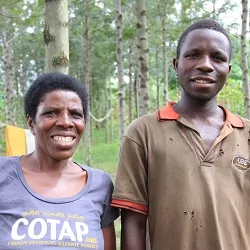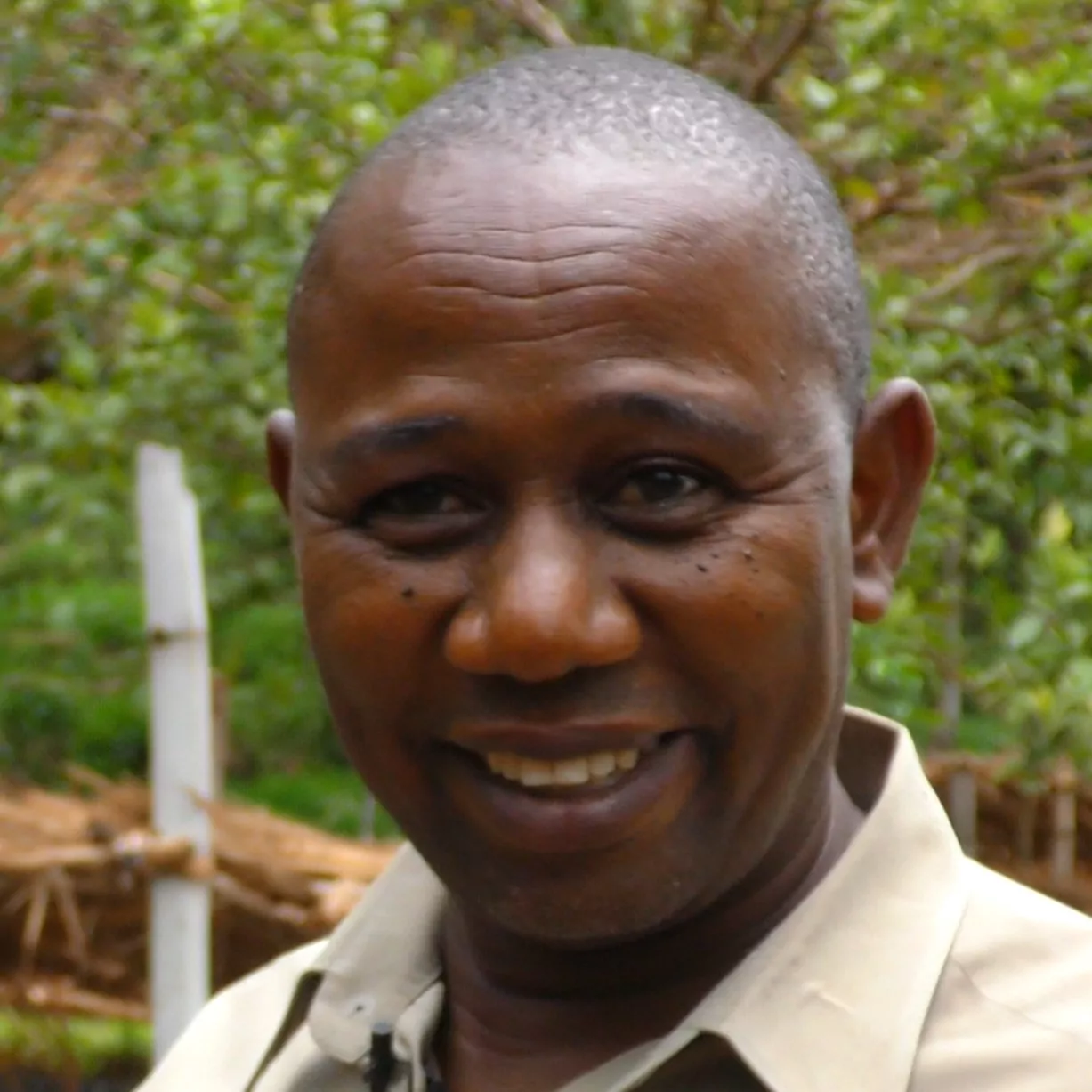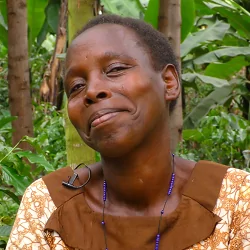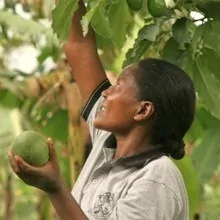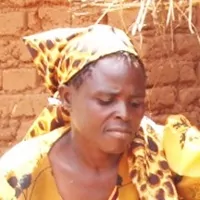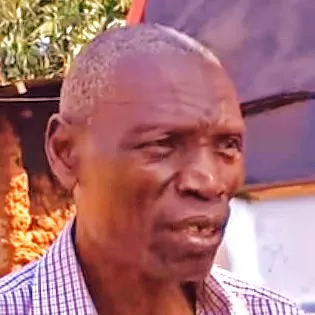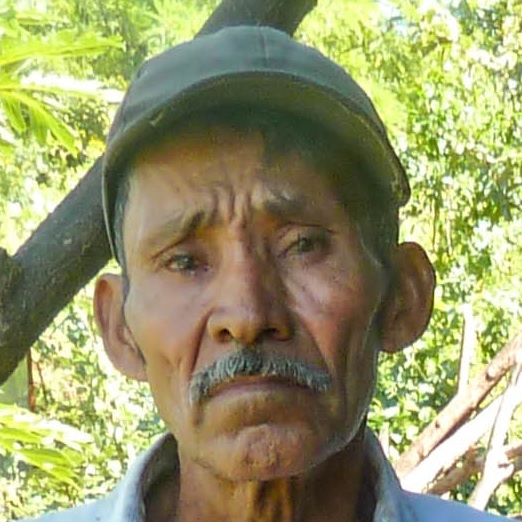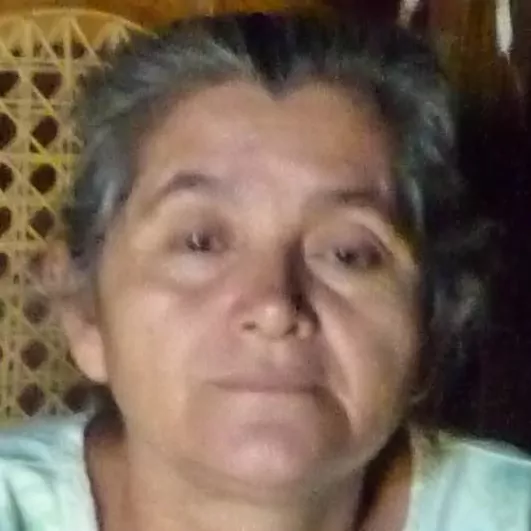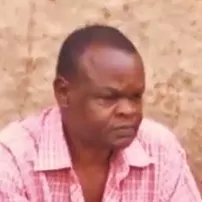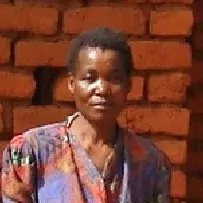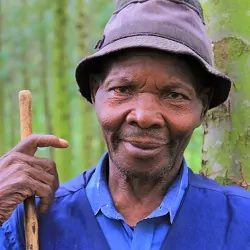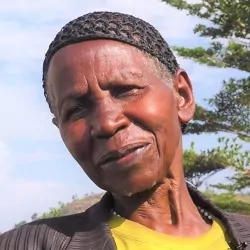See this press release on PRWeb at http://www.prweb.com/releases/2012/10/prweb10036880.htm.
Individuals and organizations can now take action on climate change while empowering Malawian smallholder farmers.
Oakland, CA – October 22, 2012 – Carbon Offsets To Alleviate Poverty (www.COTAP.org) today announced its partnership with the William J. Clinton Foundation, adding the Clinton Development Initiative’s (CDI) Trees of Hope project in Malawi as the fourth project to its growing portfolio of certified forestry carbon projects. Through COTAP, individuals and organizations in the U.S. and around the world will now be able to offset their carbon emissions while also creating life-changing income for smallholder Malawian farmers.
“We’re pleased to welcome COTAP as our first U.S.-based partner for the Trees of Hope project, which is helping rural communities in Malawi generate incomes, address environmental challenges and sequester carbon emissions,” said Walker Morris, Director of the Clinton Development Initiative. “COTAP has a proven and longstanding commitment to poverty-alleviating carbon projects, they’re very transparent and modest about their margins, and they place the tool of carbon offsets at the fingertips of individuals as a tax-deductible donation and in increments as small as 1 tonne.”
“COTAP is thrilled to partner with the William J. Clinton Foundation,” said Tim Whitley, COTAP’s Founder and CEO. “When individuals offset their carbon footprint through projects like CDI’s Trees of Hope, they’re not only taking action on their unavoidable, personal contribution to climate change, but they’re also addressing challenges like food security and education because many farmers include income-generating crop trees in their plantings and use their carbon finance earnings to pay for their children’s schooling fees. COTAP was founded to connect more individuals and organizations in developed countries with this far-reaching, multi-faceted, and long-lasting philanthropic transaction.”
Launched in 2007, the Trees of Hope project has grown to 200 community groups and spans an area of over 488 hectares. Since the program’s inception, more than 2,000 smallholder farmers have already planted over 2 million hardwood, mango, and citrus trees which are projected to sequester 200,000 tonnes of carbon dioxide. The project is located in the rural Neno and Dowa districts, which have suffered from land and soil degradation historically brought about by deforestation and poor land management practices. Malawi, in sub-Saharan East Africa, is amongst the poorest countries in the world, ranked 171th of 187 countries in the United Nations Development Programme’s 2011 Human Development Index, and annual Malawi per-capita income is an estimated $330.
When fully funded, the project has the potential to generate approximately 10 million planted trees and up to 1 million tonnes of long-term carbon dioxide sequestration over the next decade. Because COTAP passes 90.9% of offset funds to the project, and because CDI sets aside 55% of carbon revenues for farmer payments, the partnership can generate as much as $4.95 million in earnings for participating farmers.
CDI’s Trees of Hope project is the fourth addition to COTAP’s portfolio, joining Montreal-based Taking Root’s project in Nicaragua, Kampala-based Ecotrust’s Trees for Global Benefits project in Uganda, and London-based Envirotrade’s Sofala project in Mozambique. With every COTAP offset transaction, 90.9% of funds goes to projects and, because COTAP is a registered as a IRS 501(c)3 public charity, offset transactions are 100% tax-deductible for individuals residing in the U.S.
All of COTAP’s current portfolio projects are registered under the Edinburgh, Scotland-based Plan Vivo carbon accounting standard. With roots stretching back to a research project in Chiapas, Mexico in 1994, Plan Vivo is the longest-standing and most established forestry carbon accounting standard in the world. Plan Vivo is also the only carbon accounting standard which always requires projects to have detailed plans for direct payments to smallholders and community groups. Plan Vivo-accredited projects are projected to sequester over 1.3 million tonnes of carbon dioxide.
COTAP and the Plan Vivo system enable individuals and organizations to pay rural farmers for planting and maintaining trees on under-utilized portions of their land which will result in the long-term sequestration of carbon dioxide. Plantings and tree growth are third-party-verified and farmers are paid over time as their plantings are successfully managed according to their project plan. Farmers’ earnings from carbon credits are front-loaded and paid over a period of 7 to 10 years for carbon sequestration which is projected to take place over the course of 25 or more years. In addition to carbon earnings, farmers also benefit from cash crops from their trees, improved food and fuel security, improved soil quality, and reduced soil erosion.
COTAP’s dual mission, crowdfunding model, and tax-deductible status, together with Plan Vivo’s reach, accountability, and transparency, forms a new category of microfinance and a new category of high-performance philanthropy while doubling the number of reasons for individuals and organizations to take action on climate change.
CONTACT INFORMATION
COTAP
Email: press(at)cotap(dot)org
William J. Clinton Foundation
Email: press(at)clintonfoundation(dot)org
About Carbon Offsets To Alleviate Poverty (COTAP)
Launched in 2011, Carbon Offsets To Alleviate Poverty (COTAP) empowers individuals and organizations to address both climate change and global poverty by connecting their carbon emissions with accredited carbon projects which create life-changing income streams for the world’s poorest people. Individuals from all over the United States – as well as from places like Hong Kong, South Africa, and Morocco – are transforming their carbon emissions into wages in Malawi, Mozambique, Uganda, and Nicaragua through COTAP. Based in Oakland, CA in the U.S., COTAP is a registered IRS 501(c)3 public charity, and all of its projects are registered under the voluntary Plan Vivo standard, which is dedicated to generating not only verified emissions reductions, but also transparent and accountable income streams for the poor. COTAP’s initial project portfolio is poised to generate over $1 million in payments to farmers who live on less than $2 per day.
About the William J. Clinton Foundation
Building on a lifetime of public service, President Bill Clinton established the William J. Clinton Foundation with the mission to improve global health, strengthen economies, promote healthier childhoods, and protect the environment by fostering partnerships among governments, businesses, nongovernmental organizations (NGOs), and private citizens to turn good intentions into measurable results. Since 2001, President Clinton’s vision and leadership have resulted in more than 4.5 million people benefiting from lifesaving HIV/AIDS treatment; more than 15,000 U.S. schools building healthier learning environments; more than 26,000 micro-entrepreneurs, small business owners, and smallholder farmers improving their livelihoods and communities; and more than 2 million tons of greenhouse gases cut or abated in some of the world’s largest cities. And President Clinton has redefined the way we think about giving and philanthropy through his Clinton Global Initiative (CGI). To date CGI members have made nearly 2,300 commitments that have already improved the lives of more than 400 million people in more than 180 countries. When fully funded and implemented, these commitments will be valued at $73.1 billion.
# # #


